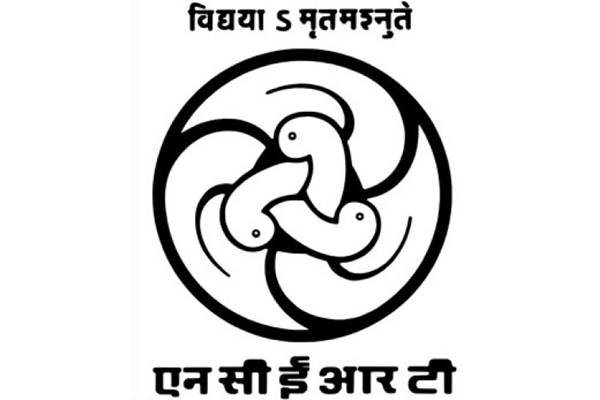


|
Tweet
Pin
It
|

National Council Of Educational Research And Training (NCERT) will soon have the power of issuing degrees on its own as soon as it will get the status of 'Institution of National Importance'. Talking to UNI, NCERT Director Hrushikesh Senapaty, said the proposal of awarding status of 'Institution of National Importance' has been forwarded for inter-ministerial comments. ''After inter-ministerial comments, the proposal will go to law, then to the Cabinet and finally it will land in Parliament, may be by next year,'' he added.
Talking about the benefits that the Council can have, Mr Senapaty said, ''Once this status is achieved, we will be able to award degrees, as at present our regional institutes are affiliated to state universities because of which which we are unable to start any innovative programme. When we have to adjust with states, we end up compromising in our quality.'' ''Once NCERT gets the status of 'Institution of National Importance', we will be able to conduct our researches in a better way,'' he said.
When asked if NCERT will get extra funds after getting this special status, the Director said the Council was already getting 100 per cent funds from Ministry and if the need arises, it would surely get more funds. The aim behind declaring NCERT an Institution of National Importance is to promote quality in research and training in the field of education, he noted. The NCERT was set up in 1961 to assist and advise the Central and State Governments on policies and programmes for qualitative improvement in school education.
The Council has consistently played a significant role by providing surveys, research and development inputs in formulating the National Policy on Education (NPE 1968, 1986) and has developed four National Curriculum Frameworks (1975, 1988, 2000 and 2005) followed by preparation of syllabi, textual materials, supplementary teaching learning materials and innovative training programmes at pre-service and in-service levels.
Find it Useful ? Help Others by Sharing Online
|
Tweet
Pin
It
|
Comments and Discussions
More News & Events |
|
| VIEW MORE... | |
|
|